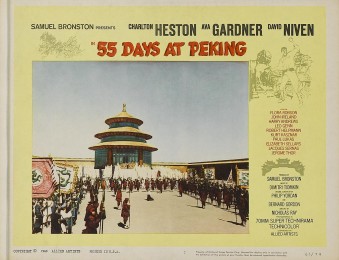 US companies are moaning that Chinese regulators are ganging up on Western tech outfits in a bid to shut them out.
US companies are moaning that Chinese regulators are ganging up on Western tech outfits in a bid to shut them out.
The American Chamber of Commerce in China is fuming about a series of investigations scrutinising at least 30 foreign firms, as China enforces its 2008 anti-monopoly law.
According to the Chamber, multinational firms are under “selective and subjective enforcement” using “legal and extra-legal approaches,” the Chamber said in a report.
A survey of 164 members showed 49 percent of respondents felt foreign companies were being singled out in recent pricing and anti-corruption campaigns, compared to 40 percent in a late 2013 survey of 365 members. Twenty-five percent said they were uncertain, or did not know, and 26 percent said no.
Lester Ross, vice chairman of the chamber’s policy committee, said the expansion of the enforcement was welcome in principle, but regulators were using “extra-legal” means to conduct investigations.
“They have taken what are, in many instances, vague or unspecified provisions in the law and moved to enforce them, and sought to enforce those means through processes that do not respect the notion of due process or fairness,” Ross said.
The Chamber wrote to Secretary of State John Kerry and Treasury Secretary Jacob Lew and asked them to get tough with Beijing on its use of anti-competition rules.
China is using competition law to advance industrial policies that nurture domestic companies, the U.S. Chamber, based in Washington, said in the letter.
It is not just the Americans who are concerned. The European Union Chamber of Commerce in China in August expressed its concern over the antitrust investigations, saying China was using strong-arm tactics and appeared to be unfairly targeting foreign firms.
The Chinese argue that some business operators in China have not adjusted their practices in accordance with the anti-monopoly law. Others have a clear understanding of the laws, but they take the chance that they may escape punishment.
Anti-trust watchdogs have bitten Qualcomm’s local subsidiary after it said in February the company was suspected of overcharging and abusing its market position in wireless communication standards. Yesterday Microsoft was given 20 days to reply to queries on the compatibility of its Windows operating system and Office software suite.





